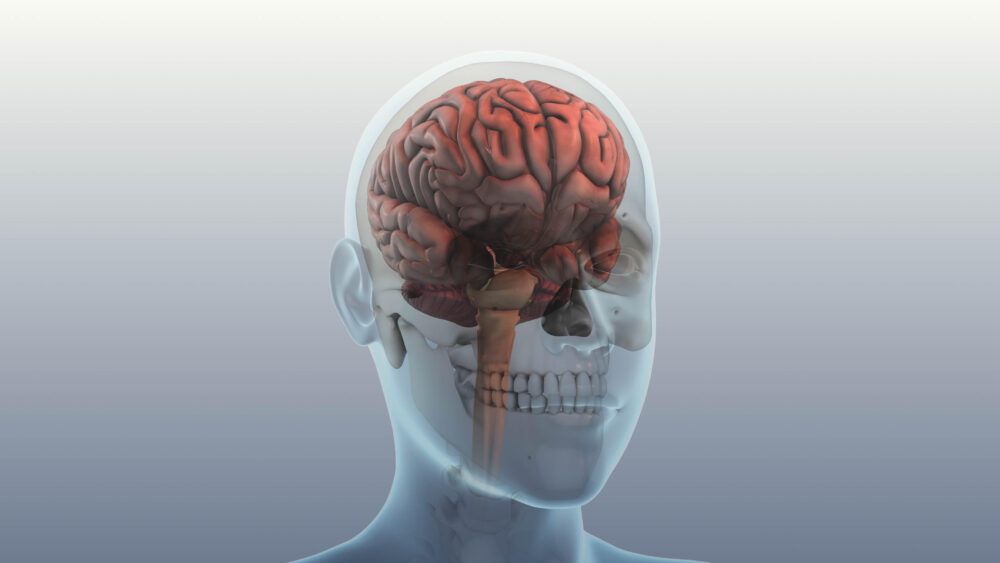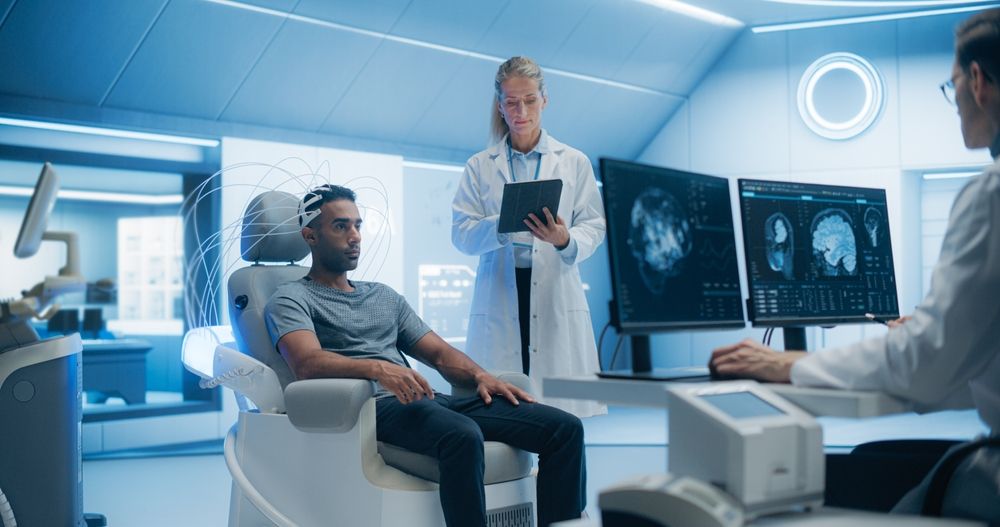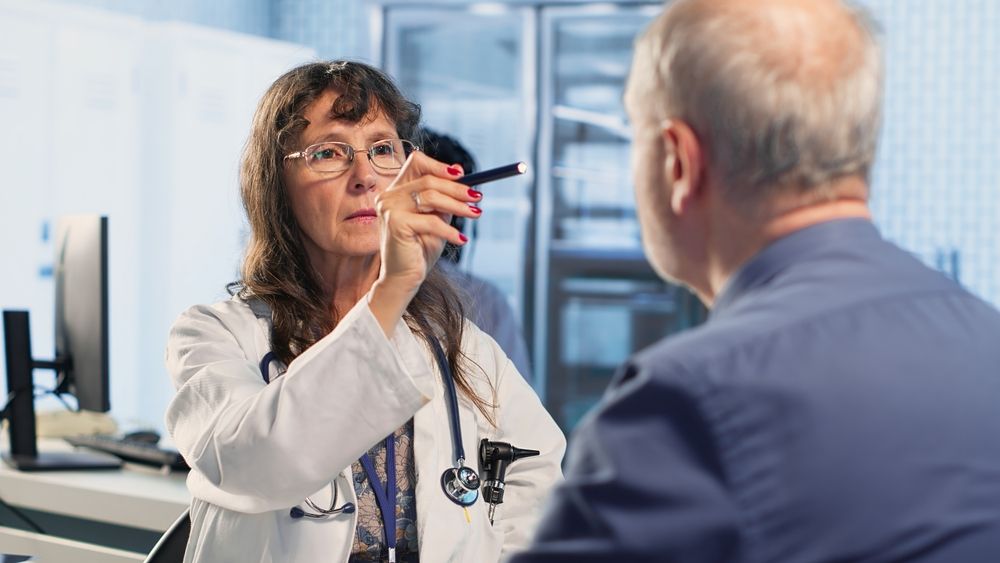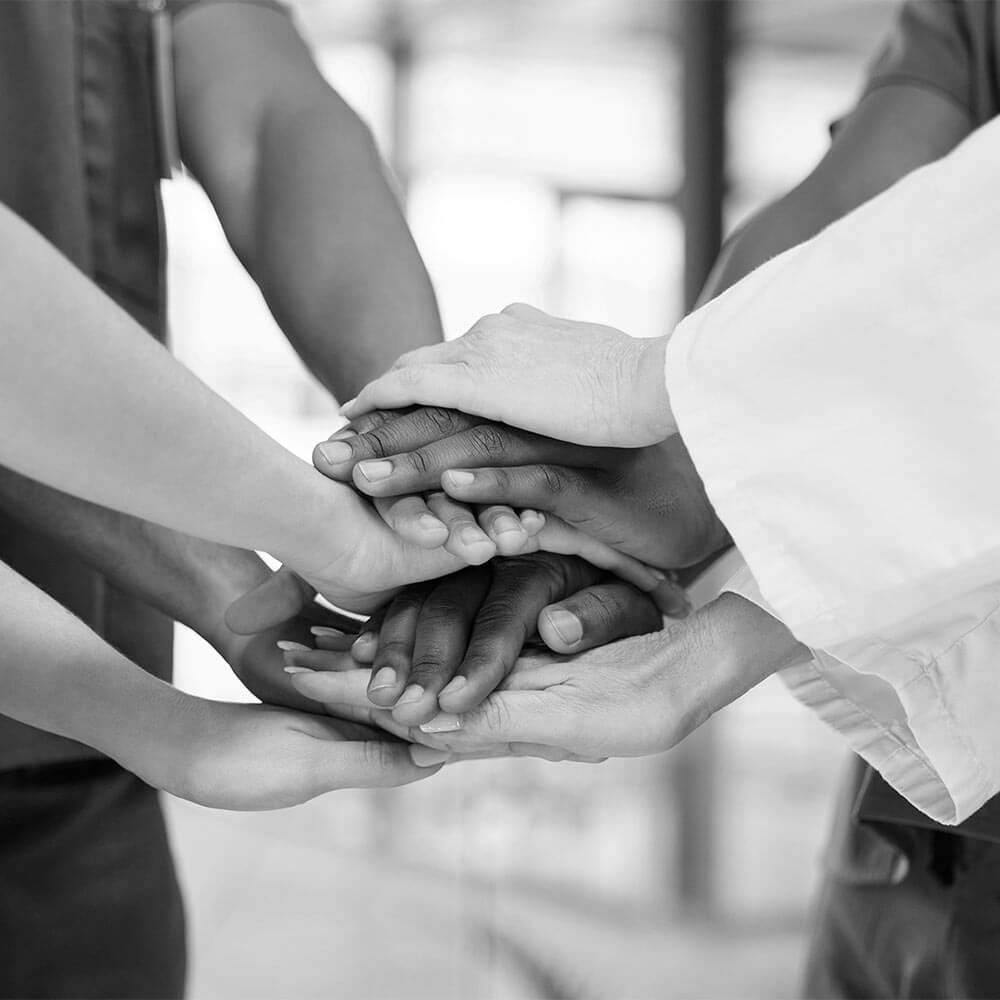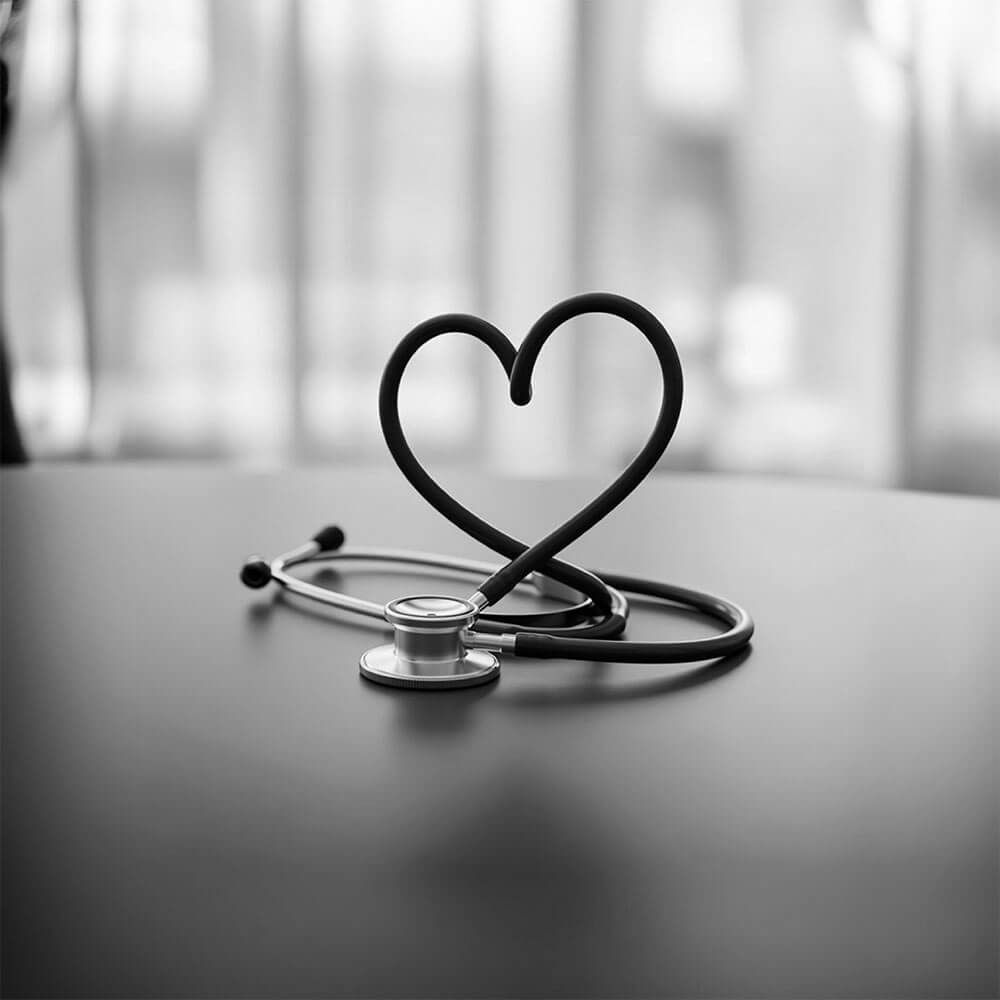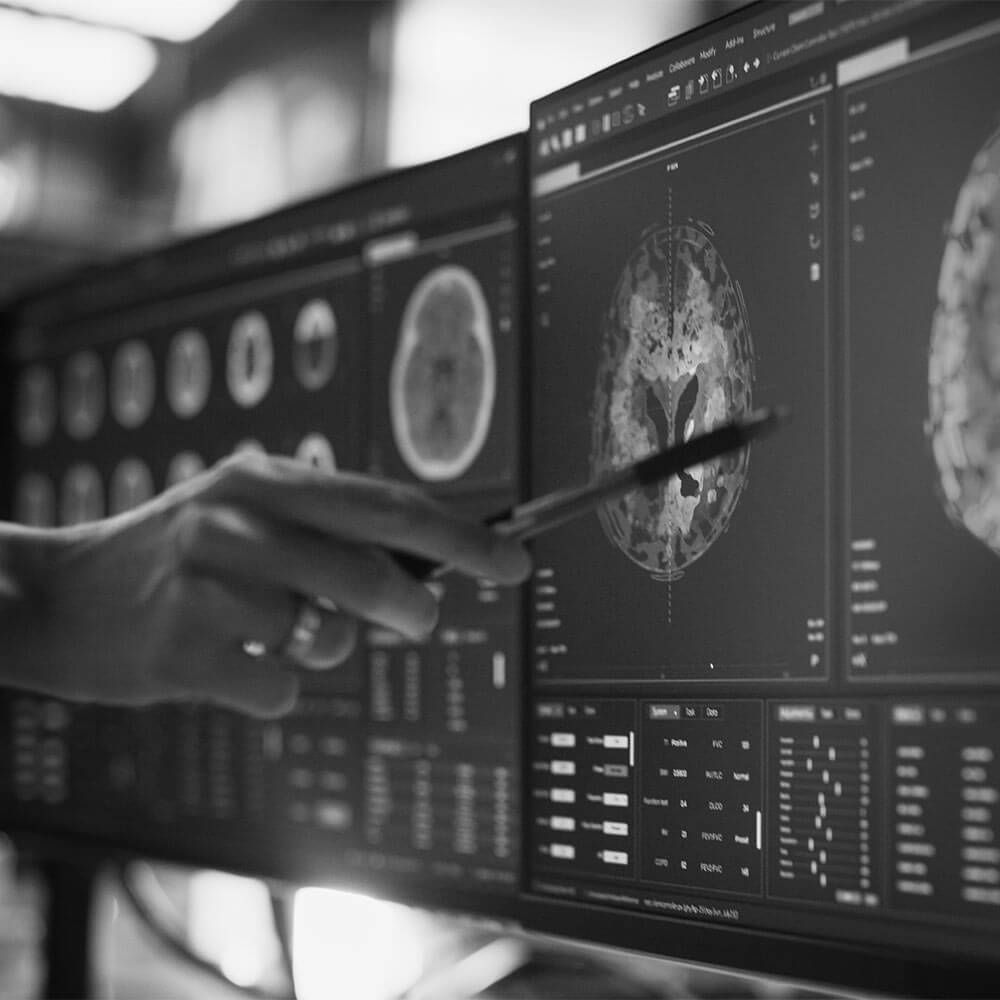As the air turns crisp and the leaves change color, fall brings with it the excitement of football, soccer, hiking, and other outdoor activities. Whether you’re cheering from the sidelines or participating in weekend adventures, this is also a time to be mindful of head injuries—especially concussions.
At NeuroPro Concussion Clinic, we’re passionate about helping people protect their heads, recover from injuries, and get back to doing what they love safely. This October, let’s dive into a few key areas of concussion prevention and care to keep you and your family safe this season.
1. Fall Sports and Concussion Risks
Football and soccer are among the most popular fall sports, but they also come with significant risks for concussions. Understanding the signs of a concussion is crucial for athletes, parents, and coaches alike. Symptoms like dizziness, confusion, headaches, and sensitivity to light or sound can sometimes be subtle but should never be ignored. Immediate action and proper evaluation are key to preventing long-term damage.
Tip: If you or your child plays a contact sport, make sure helmets and protective gear are properly fitted, and always follow the guidelines on safe play.
2. Outdoor Adventures: Hiking, Cycling, and More
Fall is a prime time for outdoor activities like hiking, cycling, and even apple picking. However, slips, trips, and falls can happen more easily when the ground is covered in wet leaves or uneven terrain. Even a seemingly minor fall can lead to a concussion, especially if you hit your head.
Tip: Wear helmets for activities like biking and always be aware of your surroundings when hiking or walking on uneven paths. If a fall does occur, monitor for signs of a concussion and don’t hesitate to seek professional help.
3. Navigating Concussion Symptoms: What To Do If You Suspect an Injury
If you or someone you know experiences a head injury this season, here’s a quick guide to navigating what comes next:
– Recognize the symptoms: Look for common concussion signs such as dizziness, nausea, headache, or confusion.
– Rest and recovery: It’s essential to take time off from both physical and cognitive activities (including screens) to allow the brain to heal.
– Seek professional care: At NeuroPro Concussion Clinic, we specialize in providing comprehensive neuropsychological assessments to help individuals recover fully and safely.
4. Mental Health Corner: The Emotional Side of Recovery
Recovery from a concussion isn’t just about physical healing. Many people find themselves facing emotional or psychological challenges as they navigate recovery. Anxiety, depression, and irritability can accompany the process, making it even more important to have the right support. Our clinic offers not just expertise in concussion care but also mental health resources to help you through every stage of recovery.
Spotlight: Understanding Concussion in Motor Vehicle Accidents
While we often associate concussions with sports, it’s important to remember that **motor vehicle accidents** are a leading cause of head injuries. If you or a loved one has been in an accident, even at low speeds, a concussion could go unnoticed until symptoms worsen. That’s why it’s crucial to seek professional care and proper documentation, especially when dealing with legal teams and insurance claims.
Stay Informed, Stay Protected
As you embrace all the fun fall has to offer, remember that your health and safety come first. If you have any concerns about a potential head injury or want to learn more about preventing concussions, the experts at NeuroPro Concussion Clinic are here to help. Visit our website at www.neuroprocares.com or call us to schedule a consultation today.

